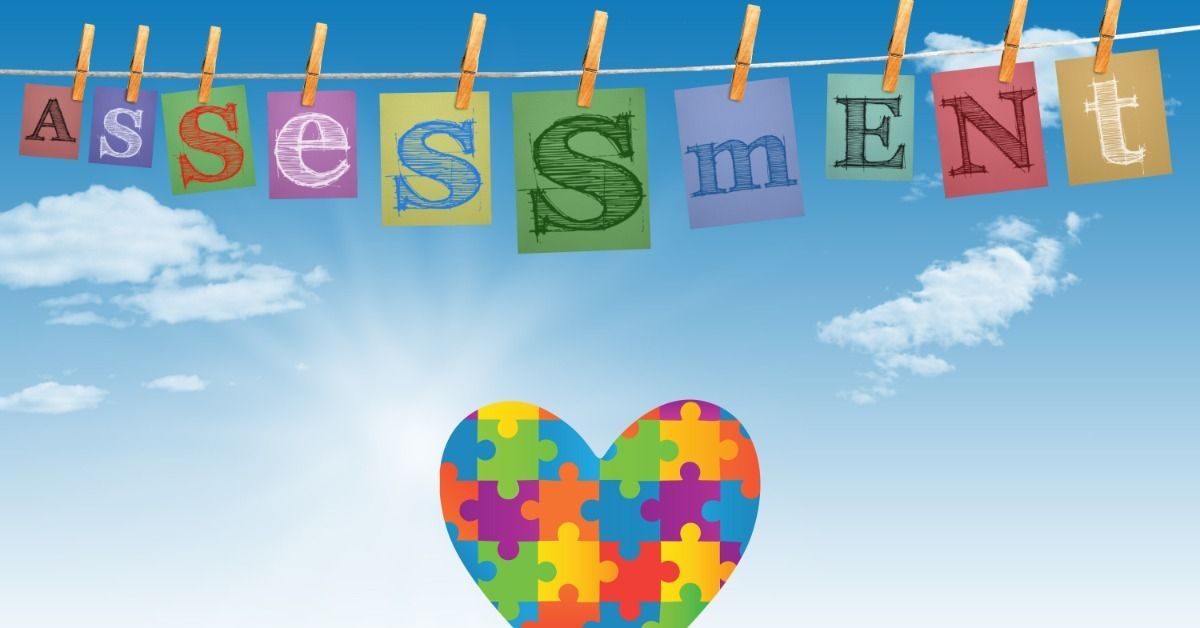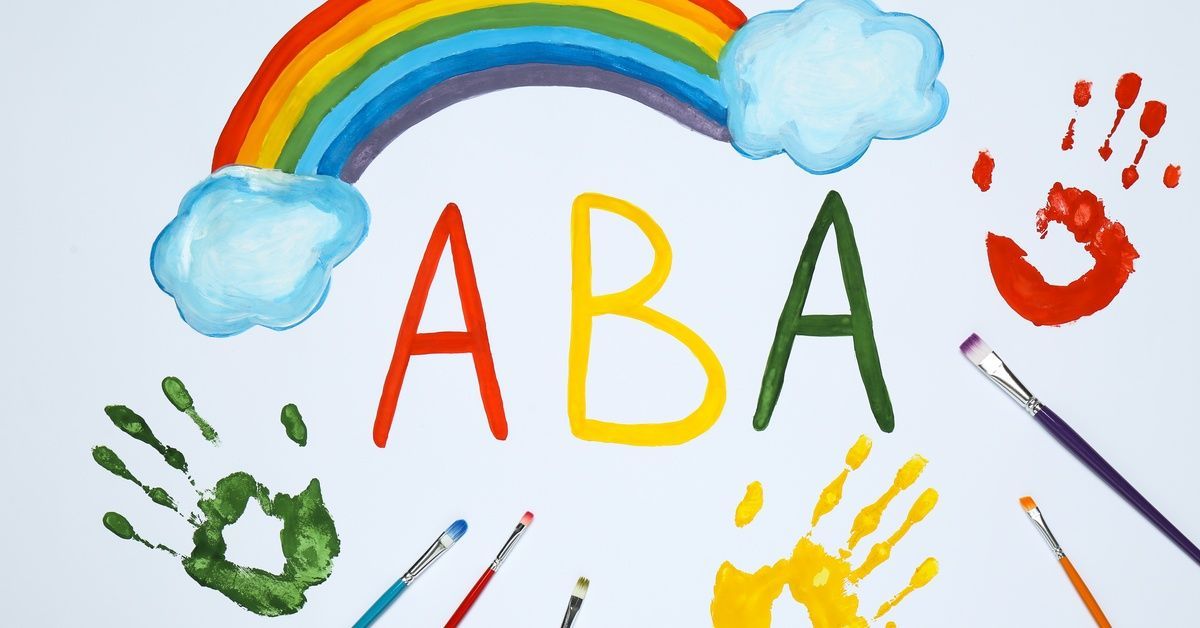Benefits of Early ABA Therapy Intervention
Hearing that your child has autism can be overwhelming. It’s normal to feel uncertain as you look for the right support. As you explore different therapies, you’ll likely hear about Applied Behavior Analysis, or ABA. Understanding the benefits of early ABA therapy intervention is an important step for families. This approach relies on proven methods to help children learn new skills and grow, starting at a young age.
When you begin early, you give your child a better chance to build the basics they need as they develop. Early action helps you address challenges before they start to become habits. This opens the door to real progress, especially in areas like communicating, socializing, and handling daily routines. It sets a hopeful path for your child and your family.
Fosters Critical Communication Skills
A major benefit of ABA therapy is its focus on helping kids communicate. Many young children with autism have a hard time expressing their needs and feelings. That struggle can lead to tough days—for everyone. ABA therapists thrive here, working closely with your child to find the best way for them to communicate.
The right approach might be spoken words, signs, or a picture exchange system. The main goal is to help your child share what they want or need in a way that works for them. As they get better at sharing, frustration often drops, and you'll likely see less challenging behavior.
Enhances Social Abilities and Interactions
Social skills are another key focus of early ABA therapy. Kids with autism might not pick up on social cues or know how to play with others right away. ABA offers the structure and encouragement to practice these skills in a safe setting. Rather than tackling big social skills all at once, therapists break them down into simple, manageable steps.
Your child can work on things like sharing, making eye contact, and following directions. These are the building blocks that lay the groundwork for more complex friendships later. As kids succeed, they start to feel more comfortable in social situations, making it easier to join in and form genuine connections.
Improves Daily Living and Self-Care Routines
ABA therapy doesn’t just help with talking and socializing; it can make daily life smoother for the whole family. Things like getting dressed, brushing their teeth, and learning to use the toilet can be big hurdles for young kids on the spectrum. ABA breaks these tasks into small, straightforward steps.
Therapists use encouraging feedback and rewards, making new routines less stressful. As your child learns each step, they build genuine confidence and independence. Being able to manage daily needs helps your child and gives the whole family a little more breathing room.

Reduces Challenging Behaviors
Many families seek out ABA therapy to handle challenging behaviors that get in the way of learning or daily life. Early ABA works to understand why a behavior happens. Maybe your child wants attention, is avoiding something hard, or is seeking sensory input. Therapists look at the situation closely before making any changes.
Once they know what’s behind the behavior, they teach your child better ways to meet the same need. For instance, if a child shouts to get a toy, they learn to use words or a card. The goal isn’t just to stop unwanted actions, but to replace them with valuable skills that last.
Supports Academic and School Readiness
Getting an early start with ABA makes it easier for children to get ready for school. Therapy helps develop basic skills needed in a classroom, such as sitting for a few minutes, listening, and following directions. These early achievements make starting preschool or kindergarten much smoother.
Therapists might also help your child recognize letters, numbers, and colors. With these foundations in place, your child is better prepared to learn alongside their classmates and participate in daily school activities.
Promotes Generalization of Skills
Learning a skill during therapy is valuable, but it’s even more important for your child to use what they’ve learned at home, at school, or wherever they go. This idea—generalization—is a big part of ABA. Therapists partner with families to make sure skills aren’t just “therapy skills,” but skills for life.
If your child learns to ask for a snack with a picture card during a session, therapists show you how to encourage the same behavior in your kitchen. Practicing in different spaces and with different people helps new skills become second nature.
Tailors Programs to Individual Needs
No two children are exactly alike, and ABA recognizes this by creating programs as unique as each family. Every ABA journey starts with a careful assessment by a Board Certified Behavior Analyst (BCBA). This allows the therapy to match your child’s strengths and goals.
Your child’s goals are tracked and adjusted over time if needed to make sure progress keeps moving forward. This personal touch keeps therapy meaningful and gives you confidence that it will grow with your child.

Empowers Parents With Effective Strategies
Parents and caregivers play a huge role in a child’s progress. ABA welcomes families as active teammates. Therapists teach you strategies and offer guidance so you feel confident supporting your child every day. You’ll learn:
- Practical tools for managing challenging behaviors at home
- Ways to encourage positive interactions with your child.
- How to create a nurturing space for learning and growth.
This team approach doesn’t just help your child; it often strengthens the whole family as you celebrate every milestone together.
Leverages Neuroplasticity in Early Childhood
Young children’s brains have a special ability to grow and change, which is called neuroplasticity. Early ABA therapy makes use of this window of time, when it’s easiest for kids to learn and adapt.
Starting ABA between the ages of two and six gives your child the best shot at making significant improvements. Learning skills during these years sets a strong base for all the growth that comes later. That’s why many experts recommend beginning ABA as soon as possible after a diagnosis.
Builds a Foundation for Lifelong Learning
The benefits of early ABA therapy intervention don’t fade as your child grows up. Children develop skills, like talking, making friends, or taking care of themselves, that help in every part of life. When your child develops the ability to learn new skills easily, they’re ready to take on life’s next steps, big or small.
With these skills, your child can adapt to new places, build genuine friendships, and seek out interests or career paths as they mature. Early support can open more doors for independence and self-confidence for years to come.
Provides Structure Through Center-Based Programs
ABA can happen in many places, but center-based programs work exceptionally well for some families. With ABA center-based therapy, your child learns in an environment designed just for them, with schedules and spaces built to support growth and comfort. Your child interacts with peers who are reaching for similar goals, with therapists nearby to keep things positive and on track.
A structured center helps children practice new skills regularly and generalize them more quickly. This preparation makes moving on to a traditional school or daycare easier and less stressful for everyone involved.
Understanding the benefits of early ABA therapy intervention helps you make the best decisions for your child. Getting support early on can empower your child and family to thrive, building a future full of possibility, independence, and connection.






